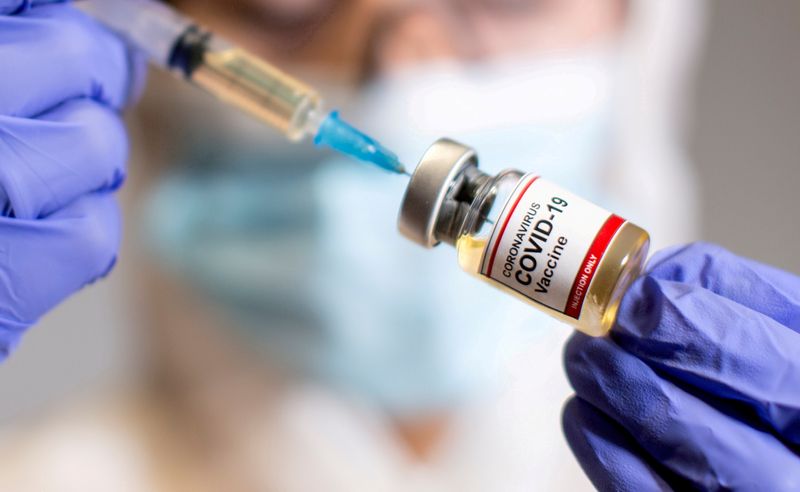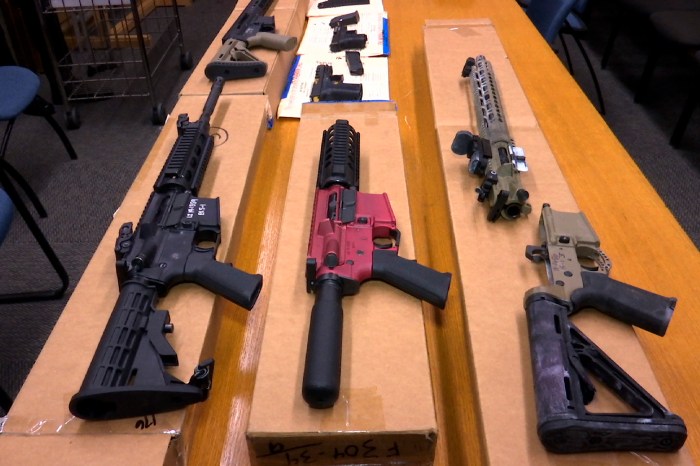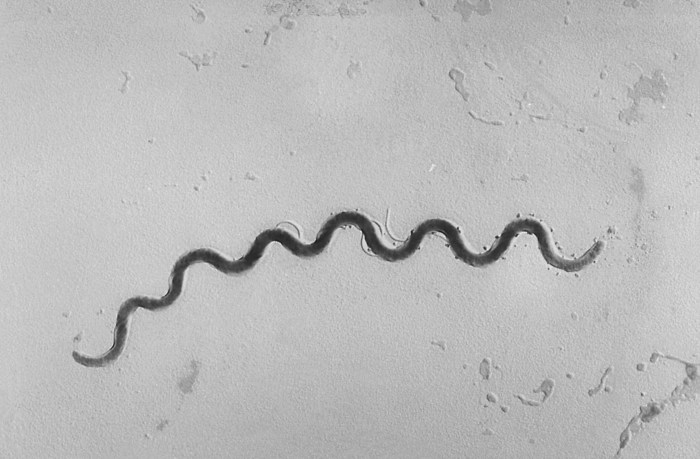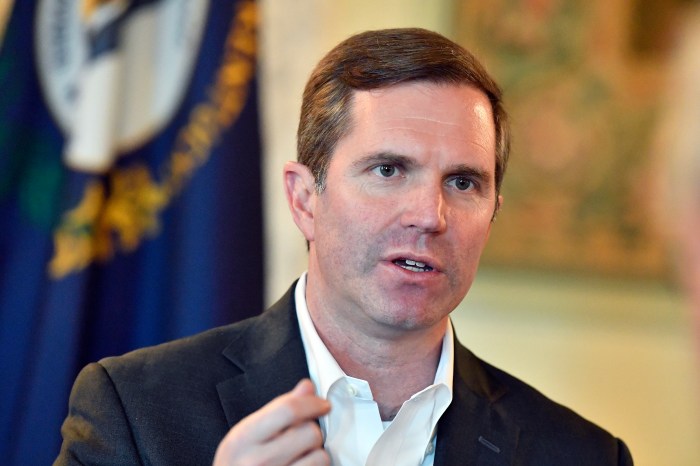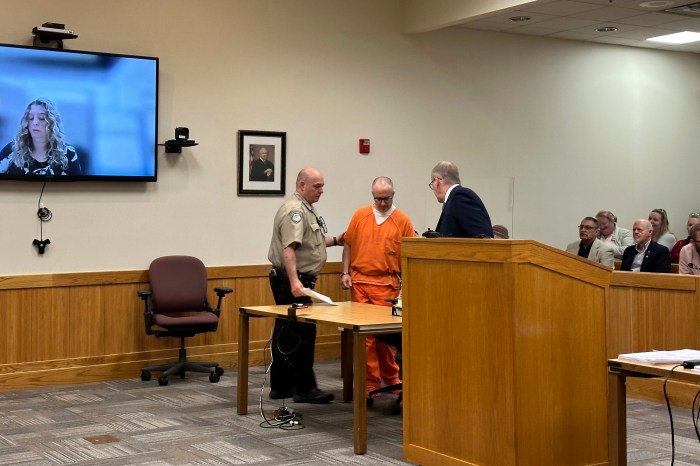BEIRUT (Reuters) – Lebanon is expected to sign a deal this week for supplies of Pfizer-BioNTech’s COVID-19 vaccine and is set to receive the first batch eight weeks after that, the caretaker health minister said.
A surge in infections is straining Lebanon’s healthcare system which has been struggling amid a financial crisis and after a huge port explosion in August smashed up hospitals in Beirut.
Adding to the pressures, the economic meltdown has prompted many doctors to emigrate and raised concerns that subsidies on medicines will be removed.
Lebanon, with an estimated population of 6 million, has reported 1,210 deaths as a result of COVID-19.
Despite the nation’s dire shortage of foreign exchange, the government expects to sign the deal for supplies of the Pfizer-BioNTech vaccine this week, Health Minister Hamad Hassan told Reuters on Monday.
The minister initially put the value of the deal at $18 million, but he clarified on Wednesday that this figure was still being negotiated.
Officials previously said Lebanon was in talks to secure 1.5 million shots of the vaccine.
The first payment of $4 million “was secured” in a meeting with the central bank and outgoing prime minister.
“We removed this obstacle,” the minister said, adding that the first batch of vaccines was expected to arrive eight weeks after the signing.
Lebanon has also signed up to join COVAX, a global scheme backed by the World Health Organization to provide vaccines to poorer countries.
Lebanon’s latest two-week lockdown to curb a surge in infections ended this month. The authorities have struggled to enforce coronavirus restrictions in a country where half the nation has slipped into poverty.
As hospitals have filled up, Hassan said Lebanon aimed to add 200 more intensive care unit (ICU) beds in the next two months, raising the total to 700.
He urged U.N. agencies and non-governmental organisations to help secure more vaccines for Lebanon, where refugees make up at least a quarter of the population.
“Protecting all the communities living in Lebanon … should be part of the same plan,” he said.
(Writing by Ellen Francis; Editing by Edmund Blair)

